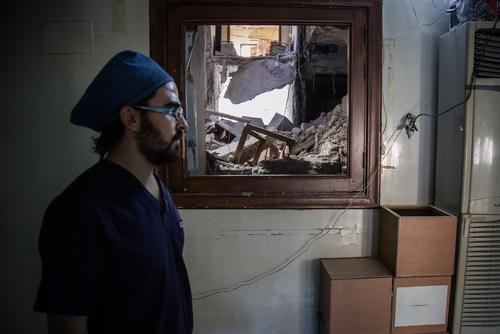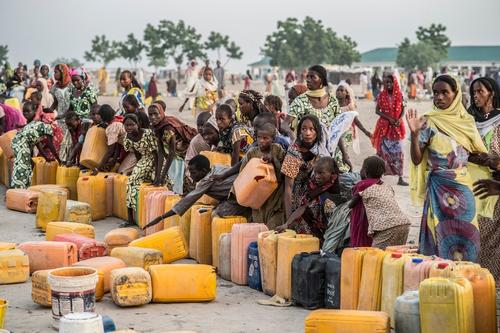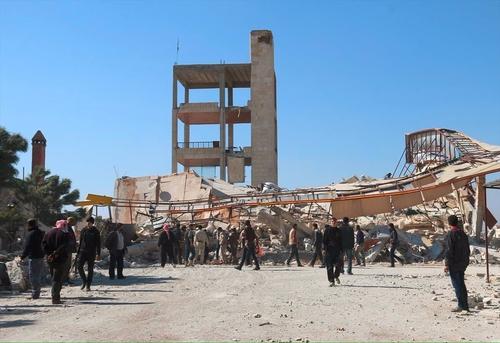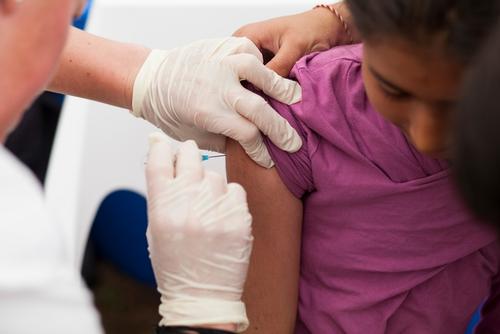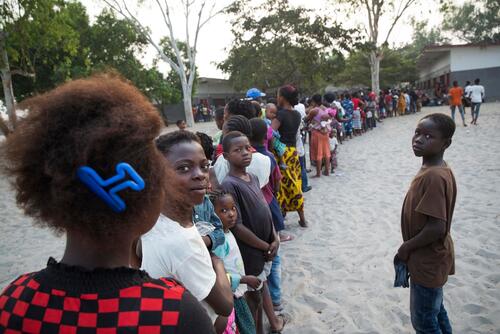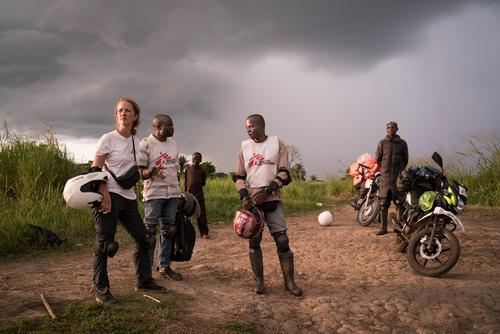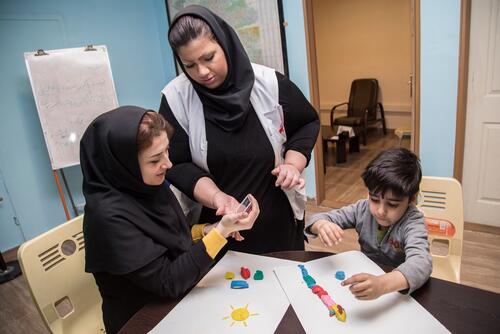The trial combines the first new TB drugs available in over 50 years with existing drugs to treat drug-resistant forms of the disease. Uzbekistan is among the top 27 countries with the highest rates of multidrug-resistant TB (MDR-TB).
In July, MSF began treating children with a shorter regimen of nine months, instead of the usual 12 months or more, and is conducting research into the results. At the end of December 2016, eight children were on the shorter treatment. The medical outcomes for adults on the shorter treatment will be published at the end of 2017. These initiatives are part of MSF’s drive to develop shorter, more tolerable treatment regimens for people suffering from TB.
MSF runs all its TB projects in collaboration with the regional and central ministries of health. These long-standing relationships have enabled MSF to develop a model of care that for some patients combines outpatient care with a state of the art diagnostic test, GeneXpert, and a comprehensive support programme. Where possible, this allows them to be treated in their homes from day one. In 2016, over 2,640 patients started TB treatment on this programme; 1,767 were treated for drug-sensitive TB and 878 for drug-resistant TB. SIxty-three patients were on treatment for extensively drug-resistant TB and 49 were treated with new drugs: 29 were started on bedaquiline, linezolid and imipenem, 12 on bedaquiline and linezolid, and eight on linezolid and the conventional regimen.
HIV care
In the capital, Tashkent, MSF supports the regional AIDS centre, with the aim of increasing access to diagnosis and care for patients living with HIV and treating co-infections. In 2016, 25 patients started treatment for hepatitis C, and for the first time in Uzbekistan, 13 patients were initiated on third-line antiretroviral (ARV) treatment for HIV, after their initial and subsequent treatments ceased to work. In total, 842 patients started ARV treatment in 2016.
248
248
9.8 M
9.8M
1997
1997
Staff story
Amrita Ronnachit – Doctor
“All I need is a metre of rope”
"Treating TB has some parallels with treating cancer. The treatment can be long and arduous, with toxic medications, which have terrible side effects. Pretty much the same as chemotherapy. And sometimes, it fails and the TB comes back. When it happens, it’s hard not to wonder if there was more that we could have done.
Today I visited a patient whose treatment has failed, and his results show that the TB is coming back. He is a young 19-year-old boy who has studied to become a mechanic. He was almost at the end of his treatment, just one month to go, when he started to have some symptoms again. At first he told himself that it was just the flu – he often gets it. But last week I saw his test results – it’s not the flu. And further testing has showed that his TB, which was the multi-drug resistant form, is becoming more resistant, what we colloquially refer to as ‘pre-XDR’. XDR, or extensively drug-resistant TB, is one of the most resistant forms of TB, and is very, very hard to treat successfully.
I tell him that the regimen we have been giving him is not working, and we will need to switch to another combination of drugs. It also means we will have to start his treatment all over again, a full 20–24 month course. The months of treatment that he has had so far won’t count, and he will have to restart his daily injections again.
“Twenty months of treatment? Fifteen to 16 tablets a day, right? No, I would rather die.”
Through the surgical mask I can hear his strangled breathing. He is trying not to cry but eventually he can’t hold back the tears."




